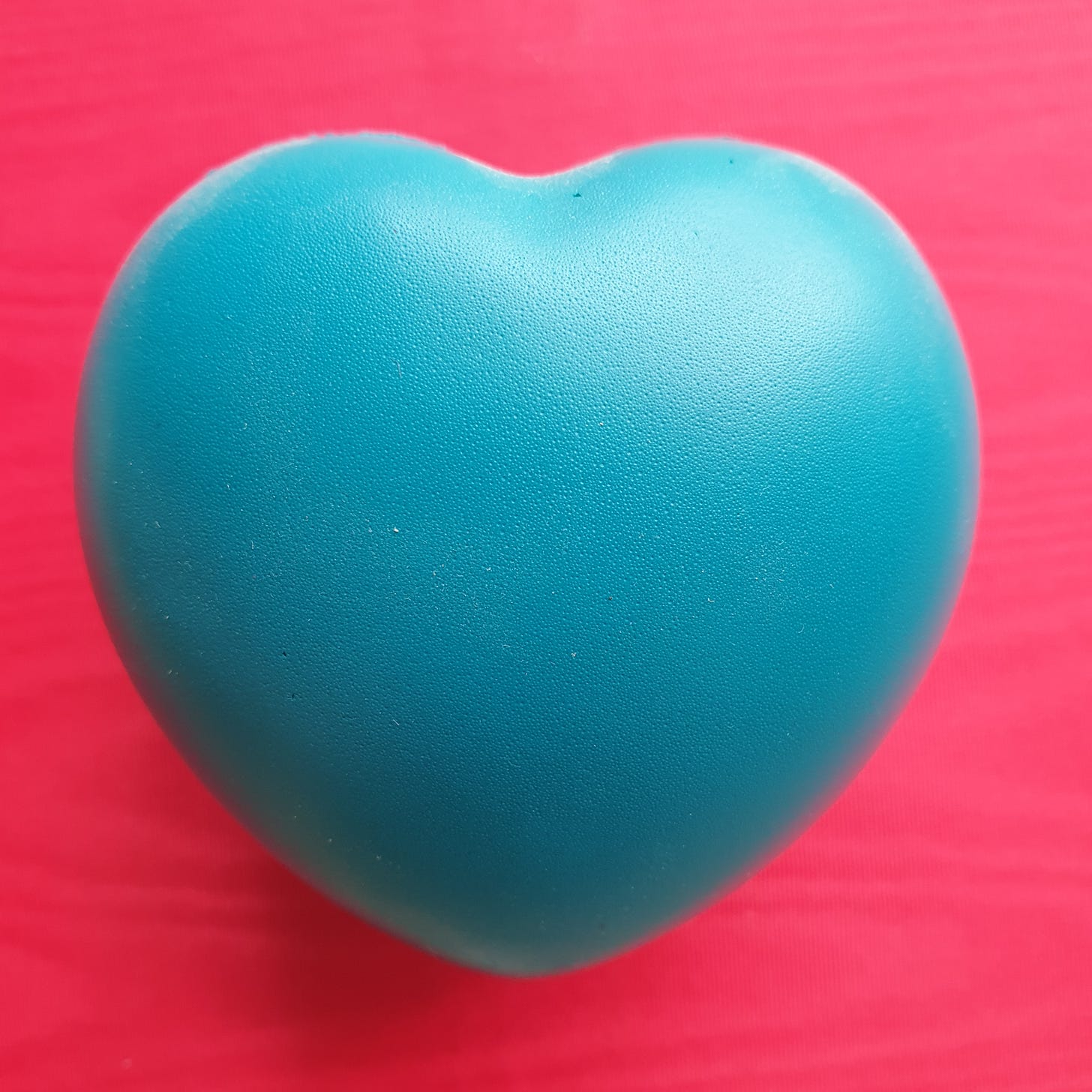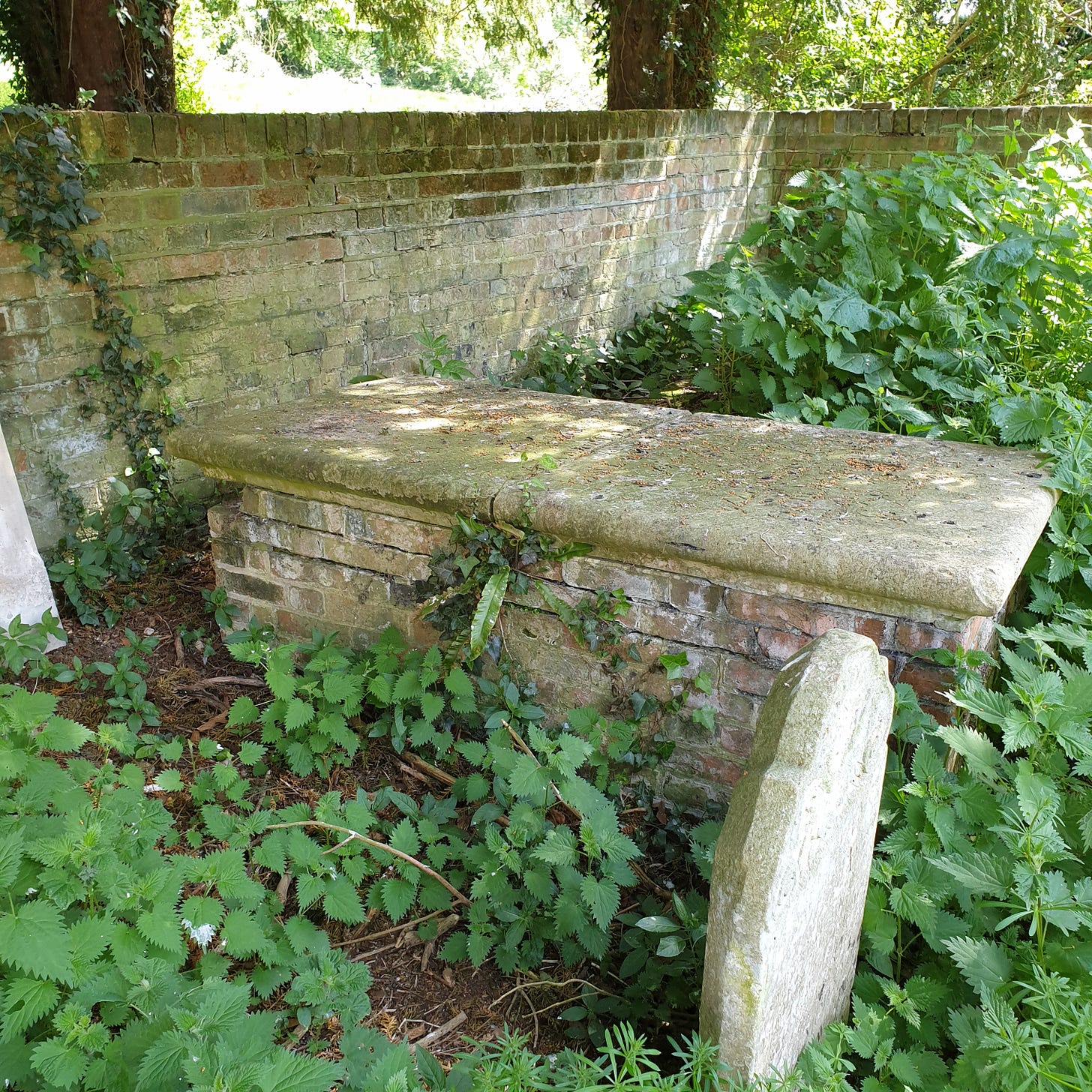Over the past month, I’ve been receiving the same message from different sources: unconditional love and compassionate curiosity, for others and for oneself.
I’ve just finished reading Gabor Mate’s Scattered Minds. He writes about ADD with honesty and compassion, and has the courage to share his own journey with ADD. In the later chapters of the book he deals with the ADD adult and suggests ways of healing. The book is too rich to do justice to with a summary, but I have to include this extract:
“The irony is that the energy ADD adults expend on their attempts at sameness is wasted, as is the anxiety parents generate over their child’s differentness. The world is much more ready to accept someone who is different and comfortable with it than someone desperately seeking to conform by denying himself. It’s the self-rejection that others react against, much more than the differentness. So the solution for the adult is not to ‘fit in’, but to accept his inability to conform. The child’s uniqueness has to first find a welcome in the heart of the parent.”
(p 320, emphases mine)
Does acceptance, of others and oneself, stem from unconditional love and compassionate curiosity? Does anxiety and denying oneself stem from lack of it? Could these comments apply to the way all of us show up in the world?
Eckhart Tolle says “embrace your fate as if you’ve chosen it, ” echoing the Stoic teaching of Amor Fati, loving your fate. So does Marcus Aurelius: “Accept the things to which fate binds you, and love (φίλει) the people with whom fate brings you together, but do so with all your heart” (Meditations 6:39), because “humans were created for the sake of each other, so either instruct them, or put up with them” (8:59). I understand this extract to mean that we can live well if we recognise that the people in our life are here both to teach us and learn from us, with possibly the most important lesson being acceptance and unconditional love. I think that the Greek φέρε, translated as “put up with” or “tolerate”, does not have the connotation of force (as in ‘putting up with a bad situation’) but is rather linked to the English cognate “bear” (as in ‘bear the labour pains’, ‘bear a child’) where the outcome is ‘good’ after going through the present difficulty or pain.
I’d love to hear your comments.
And the rest of the strands…
Memoir and Life Writing Group
We still continue to meet for a friendly chat every 1st and 3rd Thursday of the month in The London Writers’ Salon. And we’ve got a 6-week workshop on the cards (14 July to 18 August 2022) when each of twelve participants will have one extract workshopped and will offer feedback on the work of others over the six weeks. To find out more, head over to the LWS Memoir and Life Writing group.
If you would like to join hundreds of other writers writing in community, join the free Writers’ Hour; one of the four daily sessions is bound to fit in with your daily schedule.
52 weeks to a good life
The friendly, supportive community at the Stoic Salon has been working through the Live Like a Stoic: 52 Exercises towards a Good Life book, and has met live on zoom four times so far. We are starting Week 20 tomorrow, but you can still join us: just click here.
Week 15: Remind yourself of impermanence (8 May 2022)
The week started with a visit to Jane Austen’s house in the village of Chawton, but mainly the churchyard of St Nicholas Parish in Chawton House (“the Great House” as she calls it). I contemplated on the lives of those that came and went, their names wiped out on the weathered gravestones. I was pre-empting the lesson of the following week.
Here is constant impermanence in the endless flow of nature reclaiming her own; tenacious ivy, itself the symbol of clinging memories, grows out of a crack in a grave. Alive now, it will dry later and sprout again, as nothing stays still, even in death. Impermanence is another word for change, in life and in death.
Week 16: Contemplate Death, and How to Live (15 May 2022)
I can’t say that this week I contemplated death more than I usually do (which is quite often), except perhaps that I finished reading The Handbook of Soul Midwives which I had started reading the week before. This book depicts beautiful ways of helping people make the transition from one mode of existence to another in peace and contentment.
Week 17: Meditate on others’ virtues (21 May 2022)
For me, the key point of this week has been this: “But it is even better to train ourselves to be just, kind, temperate and courageous.” (p 110)
I learned a lot from my university professors when I first came to England as a postgraduate student: in contrast to the university teachers in Greece, I experienced kindness, compassion and humility, which could possibly be classified under temperance. Even though I forgot the contents of their lessons soon enough, I never forgot how they treated me, so I tried to cultivate and practise these traits in my own teaching later on. As to the observation of my peers, it always contained a tinge of disapproval of myself: I implicitly told myself I am not as good as them. It has taken me a very long time to look at others as a way of learning how to improve rather than berate myself.
The virtual communities I belong to exemplify these qualities: I have learned and continue to learn so much from those I interact with: from their way of being, and from what they share of their lives with courage and authenticity. This week’s lesson showed me how much I am grateful for.
Week 18: Keep your peace of mind in mind (28 May 2022)
This was a trying week as I tried to come to terms with a dear one’s decision. Today it feels as if I am getting closer to achieving relative peace of mind, rehearsing the dichotomy of control: I do not control his thoughts, emotions and decisions, but I do control mine, especially the decision to support him emotionally and practically, irrespective of whether I agree with his decision. Over this week I was reminded of my late father’s words when he found out I had embraced Islam (the ultimate betrayal to a Greek parent!) and married the tall, dark stranger in secret: “I do not agree with what you’ve done, but I trust your judgment, and I will always support you, no matter what.” Peace of mind for me may lie in showing up in the same way.
Week 19: Cut out busyness (5 June 2022)
“Don’t fret about the future, and don’t regret the past.” (p 125)
Most of life’s busyness, for me, is really mind’s busyness: a little worry about the future, but mostly regret and rumination about the past. This week’s lesson highlighted the ongoing project of learning from the past rather than dwelling on it, focusing on what I can do now to be more present and conscious, and sharing my experiences with those close to me. Even if every day of this week were to be my last, I would still do everything I did (except scrolling down Instagram for at least half an hour every evening – probably more often than that!) If I read or sat in the garden quietly instead, that would have been time well spent, even on my last day on earth.
I keep hearing the same message from the universe, over and over: be in the present – it’s the only time you’ve got.





